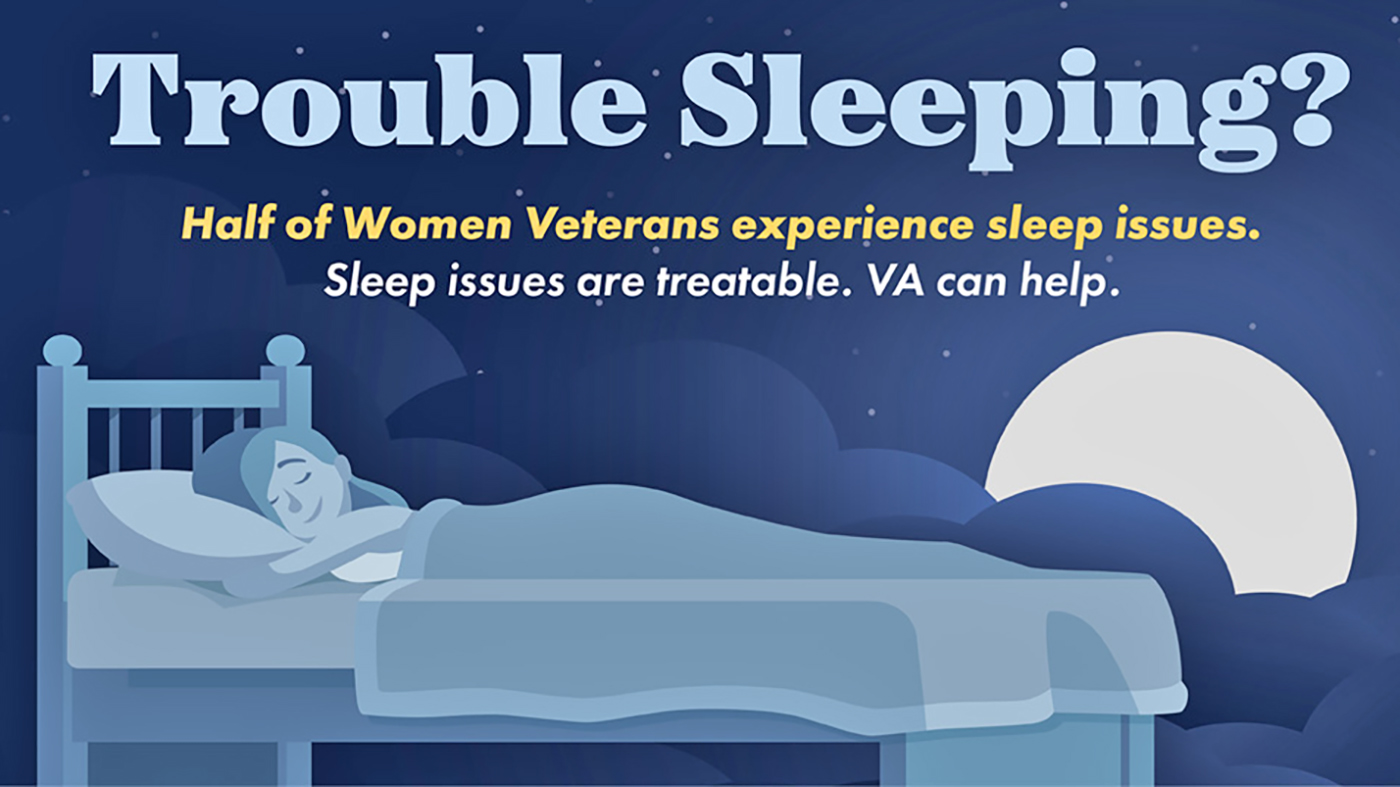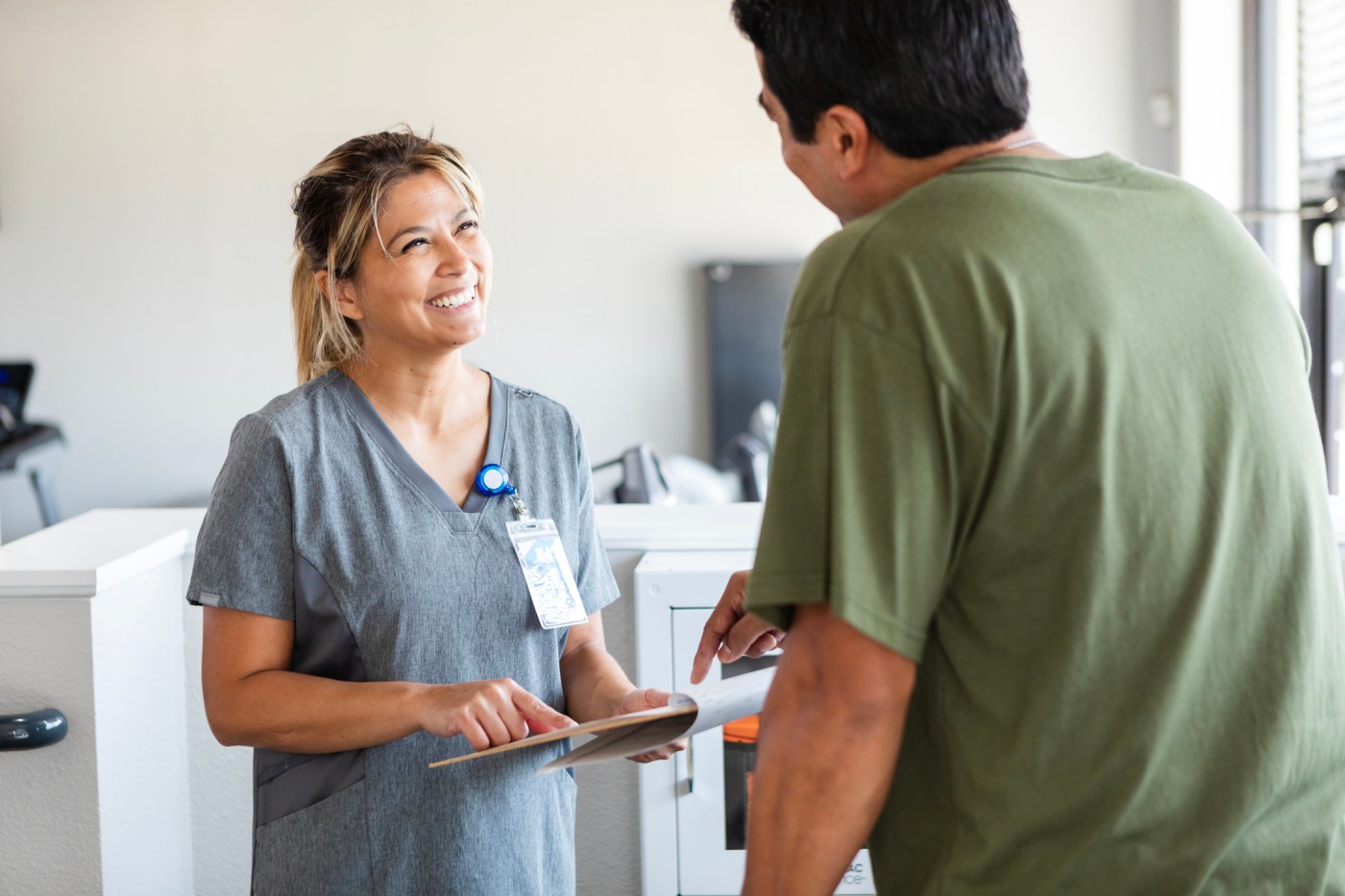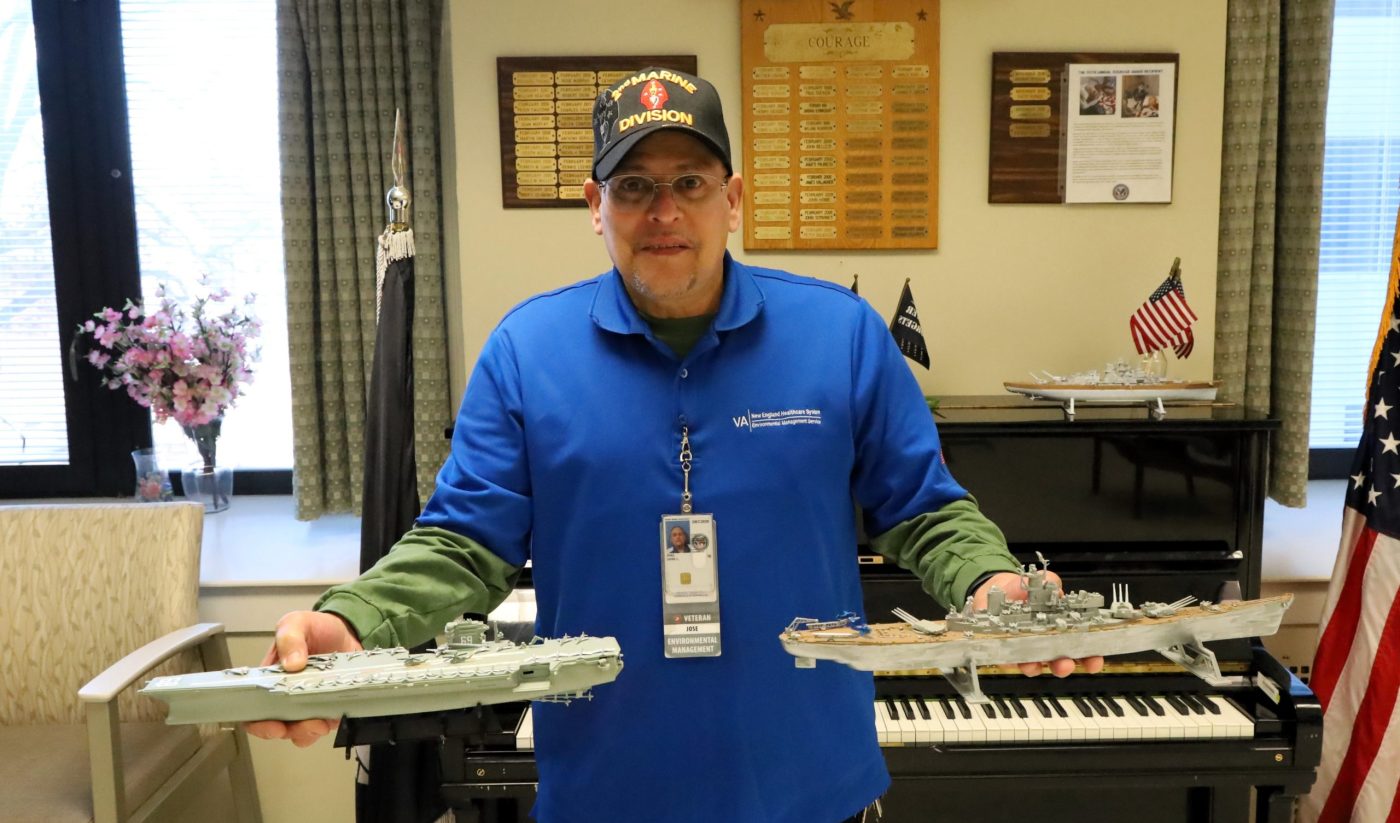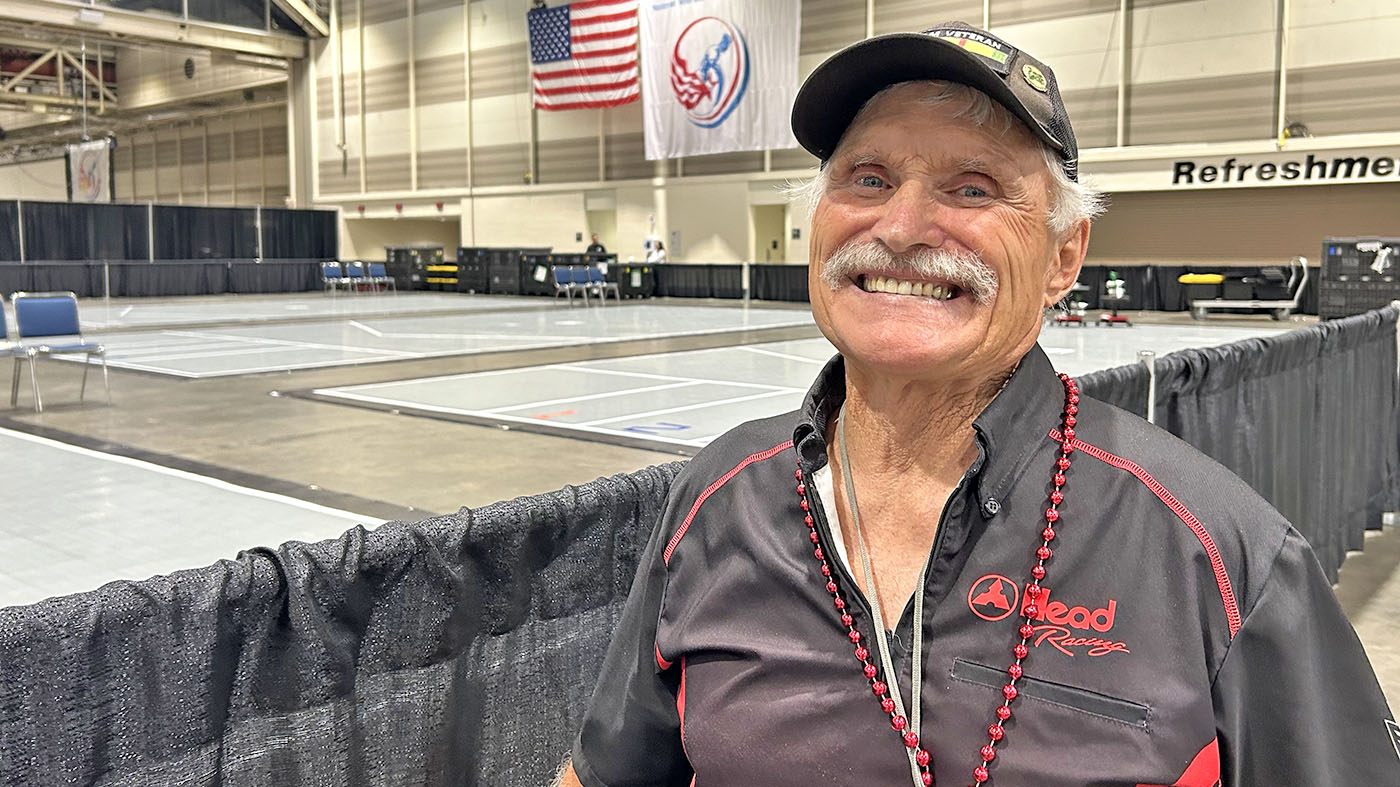Women Veterans: Are having trouble sleeping? You’re not alone. Half of women Veterans experience sleep issues, but treatment is available.
As women, we unfortunately experience sleep issues more often and differently than men due to hormonal changes unique to us, like premenstrual syndrome (PMS), premenstrual dysphoric disorder (PMDD), pregnancy or menopause. As a Veteran, you may experience mental health conditions that can also have a significant impact on your sleep.
Common sleep issues and symptoms
If you’re experiencing the following symptoms, you may have common sleep issues like insomnia, sleep apnea or restless leg syndrome. Symptoms include:
- Frequent or chronic difficulty falling or staying asleep
- Waking up gasping for breath (or your partner says you stop breathing when you sleep)
- Waking up to uncomfortable sensations in your legs (or your partner says you move your legs rapidly during sleep)
- Getting up from sleep more than twice to urinate
- Waking up feeling like you haven’t slept enough or feeling exhausted during the day
- Snoring loudly*
*We know, most people snore. But excessive or loud snoring could be a sign of a deeper medical issue that could be improved with treatment, like sleep apnea.
What can I do myself?
You may be surprised to learn about what could stop you from getting the rest you need. Before diving into professional help, try the following self-help tips to improve your sleep. They could make a big difference:
- Stick to the same sleep schedule and avoid napping
- Avoid large meals, caffeine, alcohol and smoking a few hours before bedtime (quitting tobacco fully can help you fall asleep faster, have less interrupted sleep and have longer total sleep time)
- Avoid screens for a minimum of 30 minutes before bedtime
- Create a cool, dark and quiet sleeping environment
- Exercise several hours ahead of bedtime to help you fall asleep more easily
- Follow a bedtime routine to help you wind down (reading, listening to music, a bath)
- Manage your stress and anxiety as best you can
To complement these tips, VA offers a few online resources you can access anytime:
- VA Insomnia Coach App: A free mobile app created for Veterans to help manage insomnia symptoms through a five-week training plan to reset your sleep system and build healthier sleep habits.
- Path to Better Sleep Veteran Training: A free, four-part training program online that helps you screen for sleep disorders, understand sleep routines, self-manage insomnia and learn about sleep apnea.
- VA’s Sleep Diary: An online journal designed to help you track and review your own sleep patterns by logging information daily.
What can VA do for me?
If self-help tips are not working, speak to your VA health care provider. Difficulty sleeping could be due to medical problems, such as pain, mental health, a diagnosable sleep condition and more. You can be connected to:
- Specialists and Cognitive Behavioral Therapy for Insomnia (CBT-I): Specialists who can diagnose and treat your sleep issues. Many of these specialists are trained in CBT-I which helps change your thoughts and habits around sleep.
- Sleep Studies: Tests that can help diagnose a sleep disorder (such as sleep apnea) by using a special machine to monitor your sleep, either in a sleep clinic or in the comfort of your own home.
- Mental Health Care: VA prioritizes your mental health through a variety of care options to address and manage depression, anxiety, trauma or PTSD. Your sleep issues may be a direct result of or be affected by your mental health.
- VA Sleep Treatments: From diagnosis, your VA health care provider or specialist will connect you with the treatment that’s best for you. This may include cognitive behavioral therapy for insomnia, medications, devices (such as CPAP for sleep apnea) and treatment for medical or mental health issues that may be impacting your sleep.
Don’t snooze on your health. You may be eligible for treatments such as sleep therapy, at-home devices, medication and more advanced care. Speak with your VA health care provider about your concerns and listen to our “She Wears the Boots” podcast episode on insomnia for more information.
Topics in this story
Link Disclaimer
This page includes links to other websites outside our control and jurisdiction. VA is not responsible for the privacy practices or the content of non-VA Web sites. We encourage you to review the privacy policy or terms and conditions of those sites to fully understand what information is collected and how it is used.
More Stories
One strategy credited for the improvement is a focus on building trust and stronger patient-provider relationships.
Army and Marine Corps Veteran started making models after being hospitalized at Connecticut VA.
Veteran Hank Ebert is a bit of a superstar in the National Veterans Wheelchair Games. He has been attending since 1993.







I am a believer in CPAP or BPAPs. I won’t travel without mine. At first iI found it uncomfortable but that goes away as you get accustomed to wearing it. After some years later, I hooked an oxygen compressor to the CPAP. They are very efficient together. There are smaller compressors for travel. Both devices are considered medical equipment by the airlines, and don’t count against you baggage limits.
I agree with the comments from David Duncan concerning the CPAP. When I first lay down to sleep, I go instantly, but within 3 hours later I’m fully awake. I have to use the bathroom at least two times in the night. Wake up gasping for air, dry mouth, dry nose. In addition, loud ringing in my ears. I attended the VA Sleep program and used different methods to fall and stay asleep through the night. Nothing! My husband says I snore loud, very loud and sometimes it’s so bad, it sounds like a freight train. I went to a sleep clinic outside the VA that provided an alternative way to get some sleep without the CPAP. I didn’t qualify for the program.
I’ve tried cpaps they don’t work all they do is dry your mouth out make you face uncomfortable painful yes I have pain and restless legs pee pee every night racing thoughts now I fear that my kidneys may be giving out mental health problems depression untreated because health doctors keep dropping the ball first it starts by not getting your medication then it starts by the doctor is no longer available you want to make it appointment with the new VA doctor start all over again
Ahem! Male Veterans, too! I’m 78 and get by with about 3-5 hours a night. Thank goodness I finally left most of my military ‘scare’ dreams behind — they haunted me for 30 years! My poor wife: besides my snoring, I get up at night and read, hoping to fall back to sleep even for a few winks. She suffers too! Wick